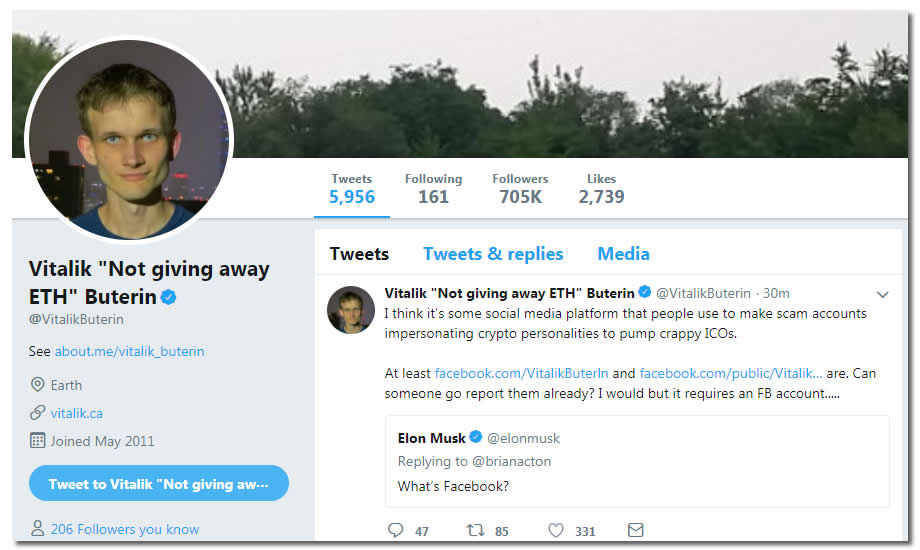Twitter's Crypto Ban May Actually Drive Adoption

Share this article
Twitter, a popular social media platform within the cryptocurrency industry, is reported to be joining Facebook and Google in banning a range of cryptocurrency advertisements. But will the crypto ban actually help long-term adoption, by increasing confidence among retail investors?
According to SkyNews, the social media giant will roll out a policy in the next two weeks that focuses on banning worldwide ads for cryptocurrency wallets, exchanges, and initial coin offerings with very few exceptions. Twitter may also ban ads promoting cryptocurrency exchanges, once again with very limited exceptions.
Although Twitter runs a relatively small number of ads in comparison to Facebook and Google, a ban from the social media giant, “may negatively impact demand” since “much of crypto demand is retail,” said Joe DiPasquale, CEO of BitBull Capital, as he told CNBC.
While Twitter’s crypto ban could theoretically curb short-term demand, the ban could indirectly prolong the longevity of the cryptocurrency industry by protecting retail investors from fraudsters and scammers on the internet.
Crypto Advertising Scams On Twitter
Twitter’s reported policy is an attempt to control the number of cryptocurrency scams on the platform. The social media giant previously experienced an influx of fake and spam accounts along with unethical and misleading cryptocurrency ads designed to manipulate naive Twitter users and enhance the perceived value of cryptocurrency coins and tokens.
Vitalik Buterin, Founder of Ethereum, has gone as far as updating his own name to discourage followers from sending ETH to scammers, after a spate of comments in his feed attempting to fleece consumers.

In ‘Price Fluctuations and the Use of Bitcoin: An Empirical Inquiry,’ the research paper noted that Bitcoin “returns tend to be elevated whenever newspaper articles mention Bitcoin more frequently and whenever the number of people searching for it on Google increases.” The direct correlation between Bitcoin prices and its online presence, unfortunately, is magnified when scammers take advantage of the media hype, especially on social media to release misleading cryptocurrency advertisements guaranteeing high returns.
While banning cryptocurrency ads protects vulnerable retail investors, the social media giant could be reducing the initial short-term demand for the industry, especially since retail investors make up a vast majority of the participants. Furthermore, this could have a knock-on effect on miners who are the backbone of the crypto industry.
Short Vs Long Term Ramifications of Twitter’s Crypto Ban
In the short term, Google’s cryptocurrency ad ban was thought by some to have caused Bitcoin’s prices to fall almost 4 percent. There are fears that Twitter’s impending crypto ban could do the same. Although the short-term price of Bitcoin fell after Google’s announcement, Arran Stewart, co-owner of the blockchain recruitment platform Job.com believes that bans are a good thing for Bitcoin.
Advertisers are “trying to prey on new movers into the market,” said Stewart.
Twitter’s market share for online advertising is minuscule compared to the entire industry. With an average ad revenue of $3.26 billion in 2017, it only makes around 1 percent of the digital advertising revenue market share compared to Facebook’s 18 percent and Google’s 44 percent. However, Twitter’s cryptocurrency ban may have more of an indirect impact on the cryptocurrency industry.
Since the cryptocurrency industry is highly unregulated, large social media giants will have the responsibility of stepping in to “try to have a moral compass,” said Joshua Gordon-Blake, Vice President of product at Pangea Money Transfer.
So while many fear that social media cryptocurrency bans may negatively impact cryptocurrency demand in the short-term, Twitter joins Facebook and Google in by protecting retail investors from frauds and scams – thus potentially increasing adoption in the long-term.
Share this article
Trending News
